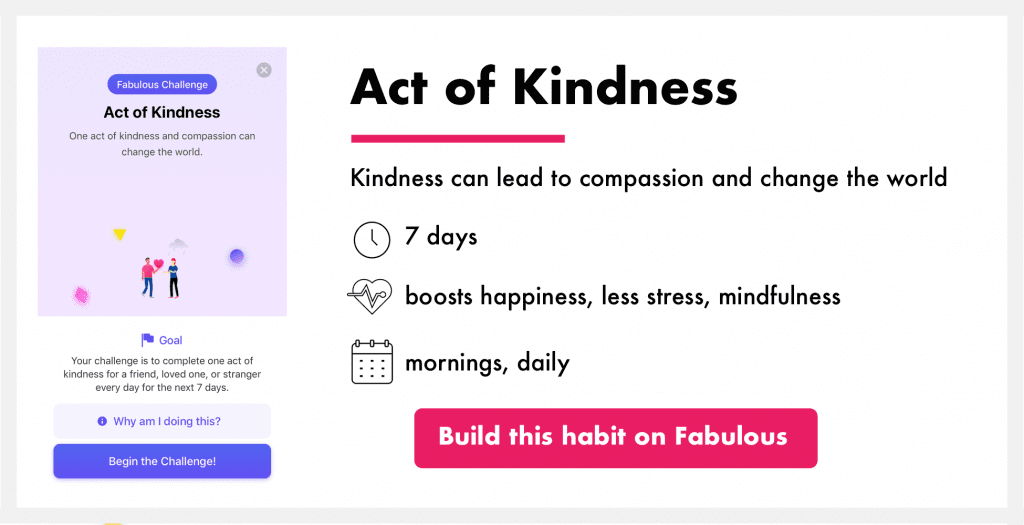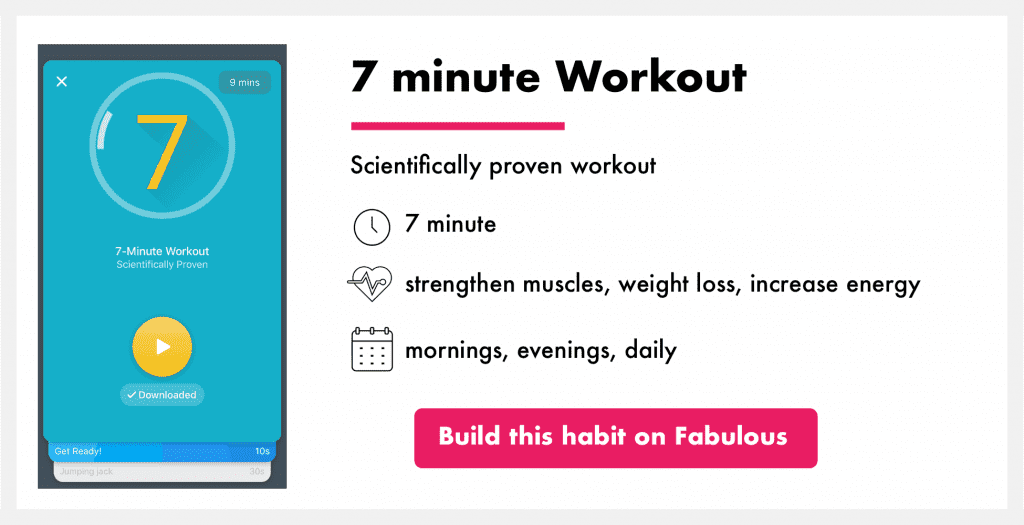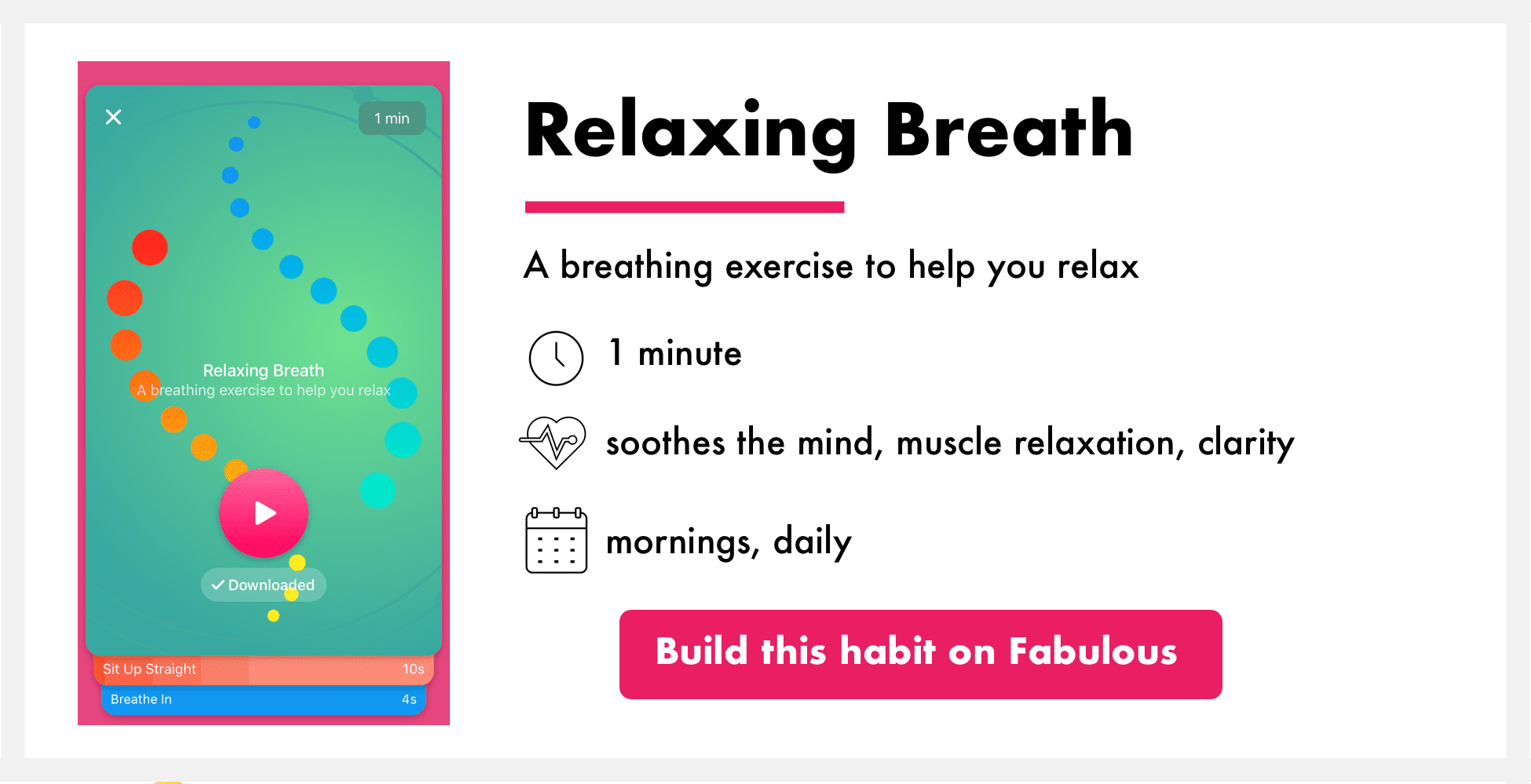Are you happy? What is happiness? What does it mean to you? It turns out that there is no single definition. Our age, culture, and upbringing can call affect how we perceive happiness. We base our perception of our lives and how content we are on our current circumstances. Once we meet our basic needs, happiness can mean different things to different people. For some, it’s love and romance. Others crave a sense of purpose and passion. Others still people feel deep contentment when spending time outdoors or with animals.
Although our individual definitions of happiness may differ, the barriers to contentment are similar. External problems like housing, death, illness and job losses can profoundly affect our happiness. Yet despite these common issues, some countries do seem to have generally happier citizens.
The World Happiness Report ranks 156 countries by their happiness level. The highest ranking countries tend to perform well in areas like income, life expectancy, social support, and freedom. This year, Finland earned the top spot for the happiest country. Other top contenders also happen to be Nordic nations. So, what do they know that we don’t?
Are You Happy?
Happiness is relative. An article in The Economist suggests a possible answer. They believe that Finland has mastered something no other region in the modern world has: Work-life balance.
“Free education, generous parental leave, and a healthy work-life balance ensure that people have the time and the means to pursue their pleasures.” In other words, citizens who feel their needs are being taken care of tend to be happier. It’s easy to understand how hard it can be to be happy while living in a country that does not care for its citizens, such as countries ravaged by war or famine.
That doesn’t automatically make happiness impossible, however. The cultural importance placed on happiness differs too. A study by The Association for Psychological Science found that westerners tended to overstate the importance of happiness. Americans who recently felt happy about something had a healthier blood lipid profile. Japanese people, however, did not experience this physical benefit.
Another study by The American Journal of Epidemiology found there was a significant association between optimism and a decreased risk of death from cancer, heart disease, stroke, and respiratory disease.
How to Boost Your Happiness
Regardless of our cultural views toward happiness, there’s no denying that it feels good. Who doesn’t love to be happy? But how can we increase our daily happiness?
Dr. Cali Estes, Ph.D. a Psychologist and Cognitive Behavioral Therapist, describes happiness as “a shot of dopamine to the brain.” She suggests that anybody looking to increase their happiness levels should try:
Exercise
“A quick 20 squats, a walk around the block or even sex will boost the dopamine in the brain and make individuals feel happy, it is called the happy chemical for a reason!” she says.
If you’ve ever heard of a runner’s high, you’re familiar with how exercise can affect mood. So, the next time you’re feeling down in the dumps, get up and moving.
Appreciate the Little Things
Dr. Estes explains that small daily treats or niceties make us happy. Even happier than extravagant gifts, which can actually have the opposite effect.
“A midnight snack or a bubble bath are little rewards we can do throughout our day to feel and stay happy. Bigger things like new cars, big houses, or lots of shoes actually can make us less happy because the initial fun purchase wears off and the reality of the larger payment begins to set in,” she says.
Take a Breath
Carving time out of our day to breathe daily boosts feelings of contentment. Dr. Estes suggests that we record those things that make us happy. A simple daily breathing practice, journaling, or even just filling out a note on your phone, gives you a written record of what brings you joy. It’s a great reference for days when you’re not feeling particularly grateful.
Whether that’s watching a funny movie, playing with our kids or having some alone time, finding things that keep us happy matters. In some cases, it can even make us healthier. We need to commit to including them in our lives as often as possible. So the next time you ask yourself, “are you happy?” Think of this sentiment shared by Dr. Estes, “We can all be happier. Determine what makes you happy and start doing that,” she says.
You might think remembering to breathe would be easy, but deep, conscious breathing is harder than it sounds! Try taking a minute for a relaxing breath to help you master the power of breath.






